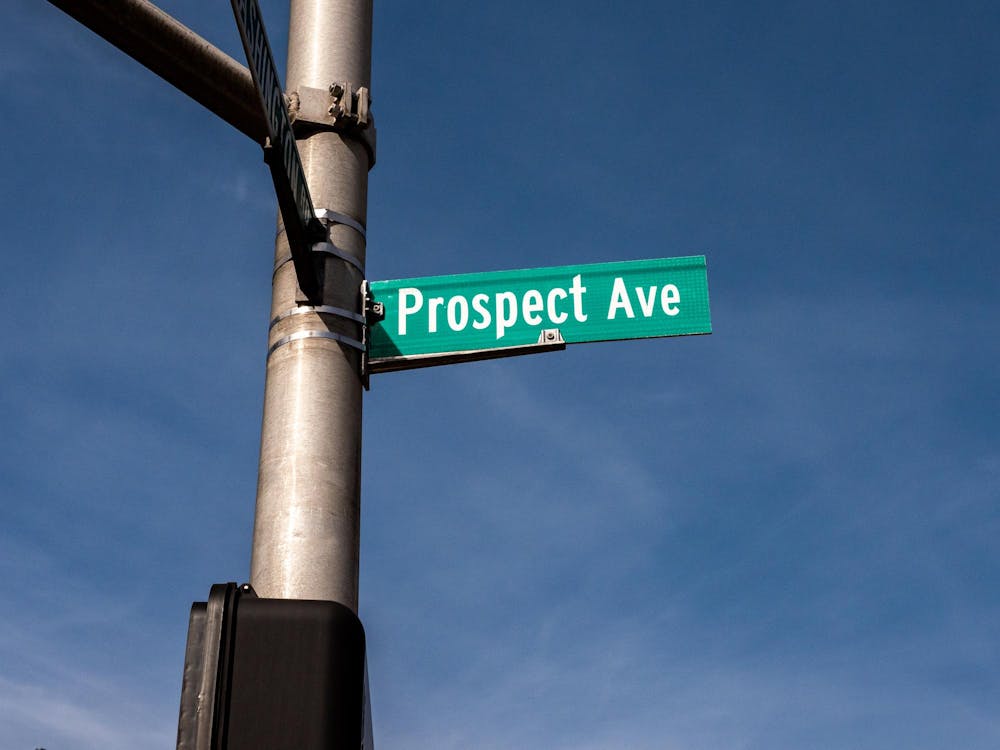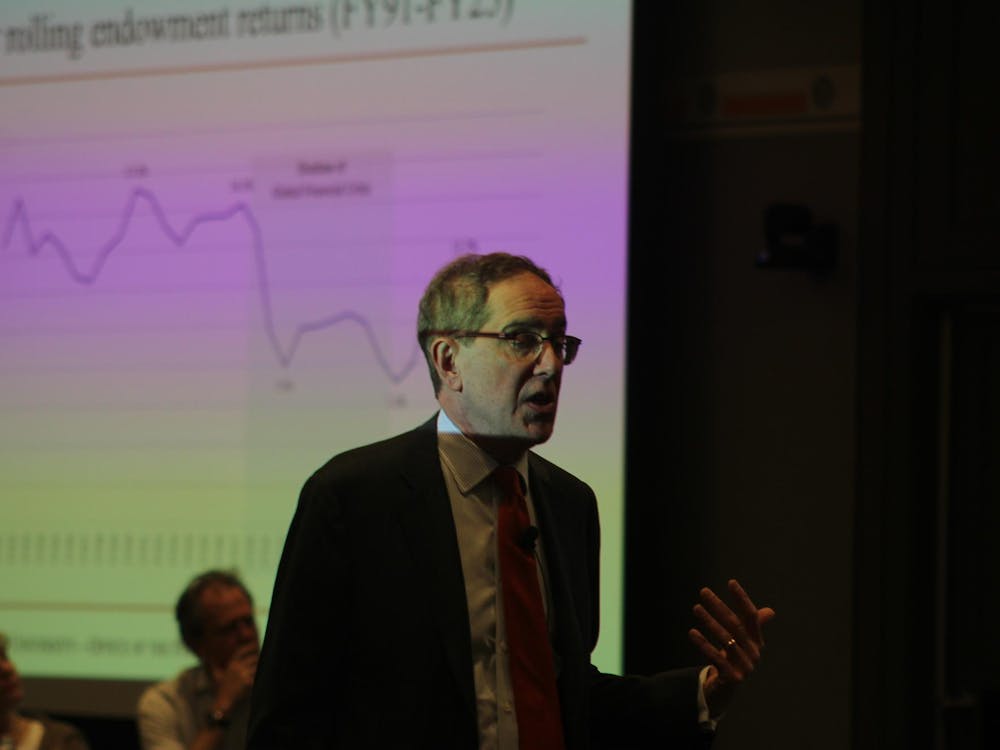The recent controversy over Cornel West GS '80's status as a professor at Harvard University has attracted attention to Princeton University's Program in African-American studies.
The program — founded in 1969 — awards certificates, but not degrees, to seniors, who must major in another department. The University remains the only Ivy League institution that does not award undergraduate degrees in African-American studies.
According to University spokeswoman Marilyn Marks, the University has been actively recruiting faculty to bolster the program's teaching corps. Currently, there are seven faculty members who teach for the program, but all of them are officially members of academic departments.
This year, 15 seniors are working toward a certificate in the program. Brigitte Anderson '02, a certificate candidate who also served as the program's intern, said she thought that "becoming a full-fledged department legitimizes [your] space" at the University.
She added that potential students may lose interest in the University once they find that African-American studies has program rather than departmental status, one reason she has noticed "a growing interest in having a department."
Howard Taylor, professor of sociology and African-American studies, agreed.
"For students, there's no question that it's better to be a department . . . [You] just have more to offer," he said.
Though Taylor cited its flexibility and intensive interaction with other departments as the positive aspects of the program, he said the program faculty members generally agree that the advantages to being a department outweigh any disadvantages.

Last semester, a total of 175 undergraduates enrolled in the eight courses offered by the program. Enrollment has slowly increased during recent years, but luring West back to the University, aside from spurring enrollment, would "have a major effect on becoming a full-fledged department," Taylor said.
Marks said one question over moving to department status "is whether Princeton has . . . the critical mass to be a department. That's something that changes over time, and we continue to review."
University Provost Amy Gutmann said in an e-mail the University remains committed to building on the strength of the program's distinguished faculty. Though acknowledging the question over creating a department is not new, she said, "I think it's important that we continue to discuss it with broad faculty involvement."
For now, though, the move from program to department remains an open issue, one that has been discussed for years without any definite commitment from the University.

As to how the move could be brought about, Anderson said that pressure must be applied to "let it be known that Princeton needs to get on the ball with its peers if [it] wants to attract top quality scholars."
West met with Harvard president Lawrence Summers in October to discuss West's place at the university. West, considered one of the nation's leading black scholars, made public what he deemed attacks on his integrity by Summers and threatened to leave Harvard for Princeton. He chaired the Univer-sity's program until leaving for Harvard in 1994.
Though Summers has since made statements in support of Harvard's departmental program, and the two reportedly had a more pleasant meeting earlier this month, West has not yet made a definite statement about whether he will remain at his post.
Though University officials declined to publicly discuss any negotiations, The New York Times reported last week that Henry Louis Gates, Jr., chairman of Harvard's Afro-American department, and Harvard professor Kwame Anthony Appiah have also been contacted by Princeton.







